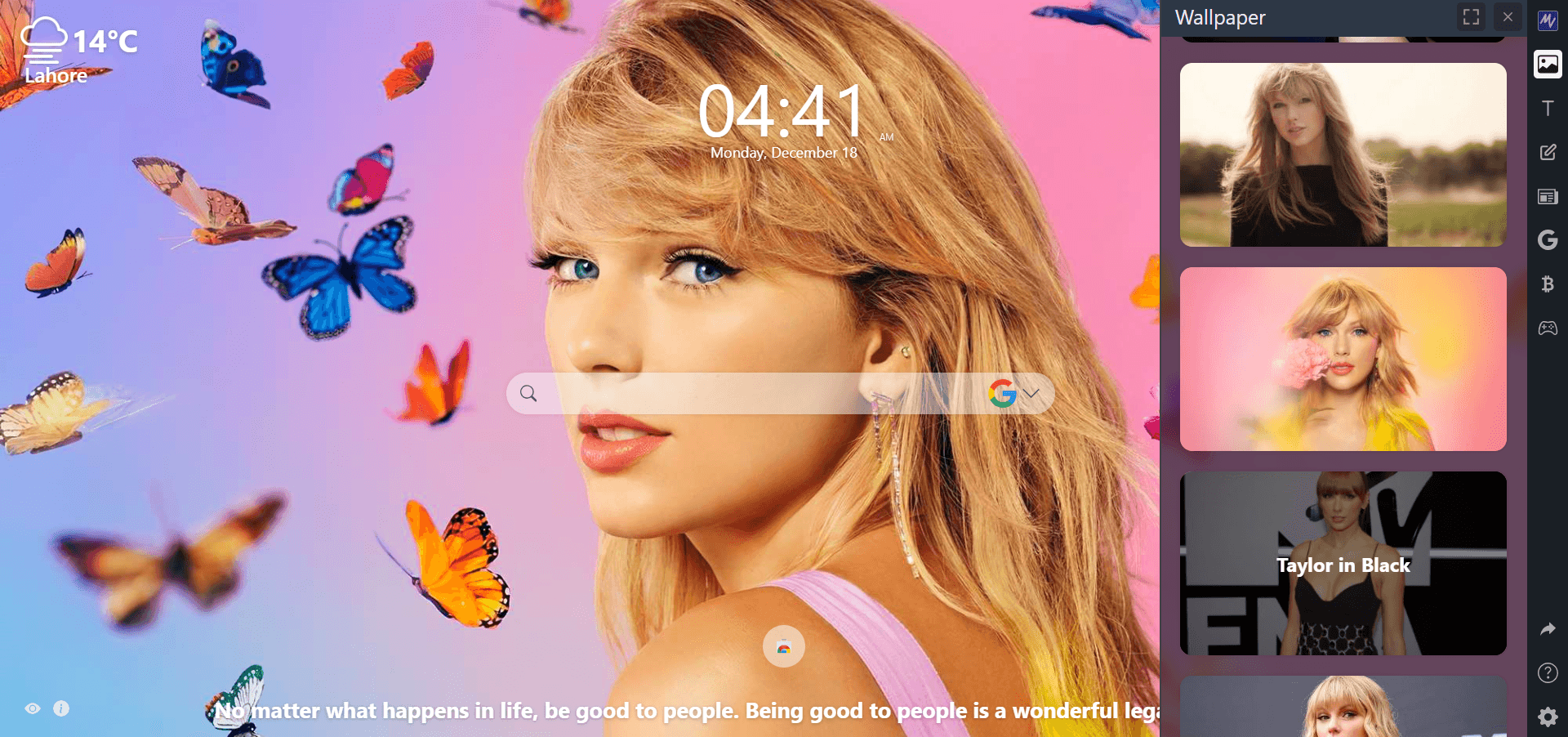Taylor Swift's Privacy Invasion: Unpacking the Controversy Surrounding The New York Times' Speculation"

In the realm of pop culture, where boundaries between public and private are often blurred, a recent opinion piece in The New York Times has ignited a firestorm of controversy by openly speculating on Taylor Swift's sexuality. The piece, authored by editor Anna Marks, delves into a 5,000-word exploration of LGBTQ references within Swift's artistry, suggesting the possibility that the global pop sensation may be a closeted queer person.
Swift's associates, however, have voiced their dismay and frustration over what they perceive as an invasion of the artist's privacy. A source close to the situation, speaking anonymously, highlighted a perceived double standard in journalism, asserting that an article of this nature would likely not have been written about a male artist facing similar speculations.
The controversy raises essential questions about journalistic ethics, particularly when reporting on sensitive aspects of a celebrity's personal life. The unnamed source expressed concerns about the lack of boundaries some journalists seem willing to cross when it comes to Taylor Swift, emphasizing the invasive, untrue, and inappropriate nature of the article.
In the opinion piece, Marks weaves a narrative around Swift's songs and performances, stringing together overt and perceived LGBTQ references. The suggestion is that Swift has, over the years, subtly signaled an identification with the queer community. However, Swift has consistently denied being a member of the LGBTQ community, emphasizing her role as an ally supporting LGBTQ rights.
The Times' decision to publish such an article, speculating on a person's sexuality, is considered highly unusual for a reputable news organization. Critics argue that such pieces are inappropriate, especially when the subject has previously denied insinuations about their sexuality.
Marks, seemingly anticipating the controversial nature of her assertions, addressed potential criticism in the piece, acknowledging that discussing a star's queerness without a formal declaration might be seen as too salacious and gossip-fueled. However, she contends that recognizing the possibility while respecting the difference between possibility and certainty keeps a vital cultural conversation alive.
As debates on journalistic ethics and the invasion of celebrity privacy persist, stay informed with the latest updates and nuanced perspectives by installing the MeaVana Chrome extension.